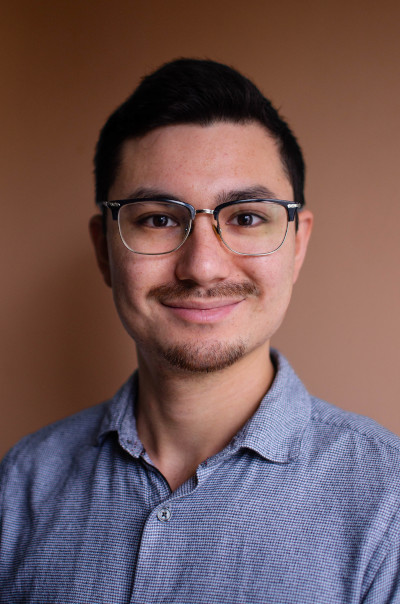Mapping Mobility, Constructing Community
Considerations on the Definition, Representation and Spatiality of Pastoral Communities in the Byzantine and Early Ottoman Balkans
The premodern Balkans were characterized by a high level of diversity, wherein multiple polities and political models, linguistic communities and modes of social organization interacted, superposed and hybridized. This diversity carries on to the present, where it has been reshaped and reimagined by the gaze of Western orientalism (or Balkanism, as Maria Todorova coined it), competing imperialisms and the generalization of the nation-state paradigm. As such, scholarly apprehension of the premodern societies of the Balkans must be especially cognizant of the stratification and entanglement of past and present categories of collective identity and space.
In this lecture, I will present the current state of my PhD research, which deals with the social organization, economic structures and political networks of pastoral communities in the Southern Balkans (Macedonia, Epirus and Thessaly) from the Middle Byzantine to the Early Ottoman period (10th-15th century). This paper will focus on the first results and the methodological questions they raise for the history and historical geography of the Balkans. The first set of challenges concerns the elaboration of relevant analytical categories. Premodern pastoral communities were mostly oral societies, geographically and symbolically peripheral to the monastic, urban and political centers where the literate elites produced the bulk of surviving sources. How then to define and identify them without reusing at face-value the categories produced by outsiders? Furthermore, these categories – some with a continuous record of use to the present – have historically oscillated between serving as economic and/or ethnic labels. Hence, I will explore ways to avoid a nominal essentialism projecting contemporary ethnonational meanings onto the past without dissolving the coherence of these collectives. The second set of challenges revolves around reconstructing and mapping the spatialities of groups whose mobility was an essential characteristic. Considering the importance of their geographical context, I will present the issues raised by the paucity and uneven distribution of place-specific sources, and discuss to what extent GIS tools can help or hinder our understanding of their spatial practices and representations.
Guillaume Bidaut
BA in History, Université Paris 1 Panthéon-Sorbonne, MA in History, École des hautes études en sciences sociales of Paris, Graduate diploma in History and Greek Studies, École normale supérieure of Paris

- date: 24.06.2024
- time: 16:00
- language: Englisch
- link: Zoom link